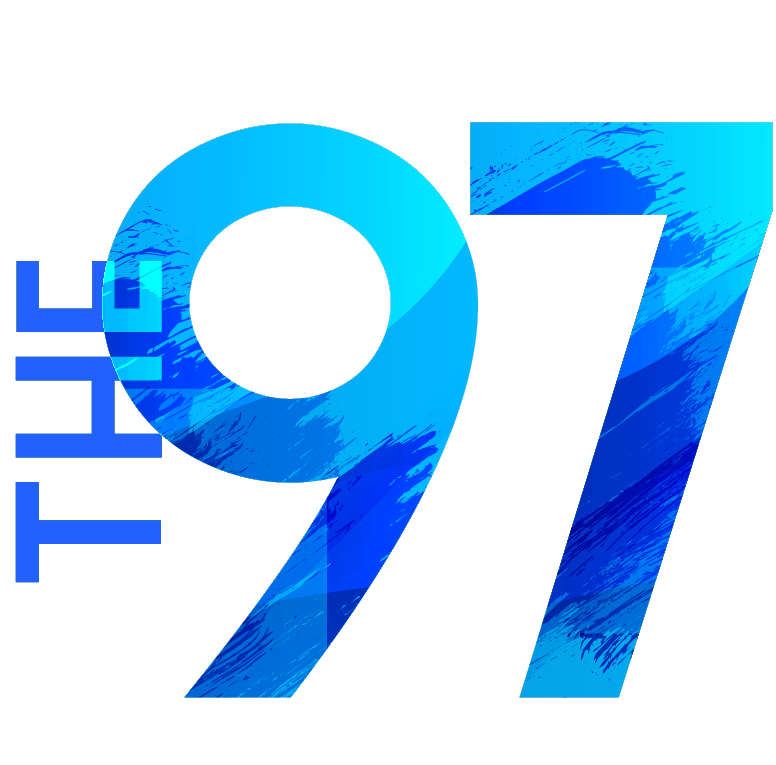September 21, 1999.
Almost exactly 16 years ago, Mariah Carey hit #1 with “Heartbreaker,” the lead single from her 7th studio album Rainbow; a track Pitchfork has referred to as an “untouchable roller-rink jam.”
The track is notable for featuring Jay-Z delivering a rap verse as the male counterpoint to the female protagonist, and it’s even more notable for being the first Hot 100 #1 by a solo singer to feature a guest rapper. It was Jay-Z’s first #1 on the Hot 100, and he was featured on the main version of “Heartbreaker” and not as an add-on for a remix. “Heartbreaker” was by no means the first song by a singer to feature a guest rapper (this was actually Mariah’s 11th song to do so), but its ascent to #1 was certainly a signpost for how music had shifted. By the late ’90s, urban music had become pop(ular) music, and Mariah Carey was a big reason why. After being seen as a pop princess for the first half of the ’90s, by the end of the decade Mariah had taken her music in a more urban direction. Mariah has said it was clear music was heading in that direction, and she hopped on the front of that train. Jody Rosen of Slate said the hybridization of styles in music was “an inevitability” but also something Carey “saw earlier than others.” Music critic Amy Linden wrote it as, “For better or worse, Mariah’s five-octave, pop/R&B stylings set the diva standard.”
As a produced track, “Heartbreaker” feels fairly familiar. Some parts of the melody are reminiscent of “Dreamlover,” and the bassline sounds a lot like the bassline of “Fantasy.” Some critics saw that as Mariah repeating herself, but it was more so Mariah perfecting her pop/urban formula. “Heartbreaker” mixes a pop melody, an R&B sample, and a hip-hop verse in a way that is very Mariah but also something other artists would emulate. In talking to MTV about Mariah’s influence, Lisa Lopes of TLC dubbed Mariah’s brand of music “hip-pop.” One aspect that made “Heartbreaker” unique is that the guest rap not only pertains to the song lyrically, but Jay-Z is used to give us the other side to the story Mariah is telling. A lot of guest verses, especially in the ’90s, were just rappers touting their own prowess and seemed extraneous to the story of the original song. That wasn’t the case with “Heartbreaker,” a song Linden described as “coyer-than-thou.” In a lyric J.D. Considine of The Baltimore Sun called a “critique of romantic cruelty,” Mariah tells us how she needs to leave a toxic relationship but is having trouble doing so. Jay-Z then comes in to tell us that “she” is clingy and gold digging.
“Heartbreaker” may have been the first #1 by a solo artist to feature a rapper, but it was by no means the last. “Heartbreaker” began a string of #1s by female singers with a guest rapper, several of which also featured Jay-Z. A couple of years after “Heartbreaker” ascended to #1, Jennifer Lopez hit #1 with “I’m Real,” a track that featured rapper Ja Rule. “I’m Real” was an extension of “Heartbreaker” and other Mariah collaborations in that Ja Rule mattered to the song thematically. Lopez is probably the main example of an artist who emulated and benefited from Carey’s hybrid of sounds; she would have two more #1 hits that featured a male rap artist. Lopez isn’t the only one, though. In 2003 Beyoncé hit #1 with “Crazy In Love,” a song that featured Jay-Z. Rihanna’s career defining #1 hit “Umbrella” also featured Jay-Z, and in 2014 Katy Perry hit #1 with the Juicy-J assisted “Dark Horse.” That all helps explains Sasha Frere-Jones stating in The New Yorker that Mariah, “more than any other musician, established R&B and hip-hop as the sound of pop.” He noted that in the early ’00s young white pop stars like Britney Spears and N’Sync were making “pop music that is unmistakably R&B” while urban artists like Missy Elliott and Beyoncé were combining melodies with rapped verses. Joe Levy of Rolling Stone crafted a similar sentiment in stating Carey “brought a lot of street hip-hop energy into the pop charts, and into this pop/R&B world.”
In 2013 newcomer Ariana Grande immediately drew comparisons to Mariah with her debut single, the top 10 hit “The Way,” and its follow-up “Baby I.” Every review of Grande’s music made a comparison to Mariah’s music from 10-15 years prior (i.e. the time of “Heartbreaker”); Rolling Stone, Huffington Post, Entertainment Weekly, and more all referenced Mariah when discussing Grande. In its review of “The Way,” Chicago’s The Reader mentioned the “’90s retro revival” that was happening in music while calling Mariah “the queen of the era’s R&B-rap crossovers,” and Digital Spy plainly stated that the “The Way,” “really sounds like a Mariah Carey song.” It’s no wonder, then, Gerrick Kennedy wrote in the Los Angeles Times that Mariah “set the blueprint for mashing ethereal pop-R&B melodies with speaker-rattling hip-hop beats.” “Heartbreaker” is a prime example of that blueprint.
In short, DJ Clue’s intro on the “Heartbreaker” Remix says it all:






